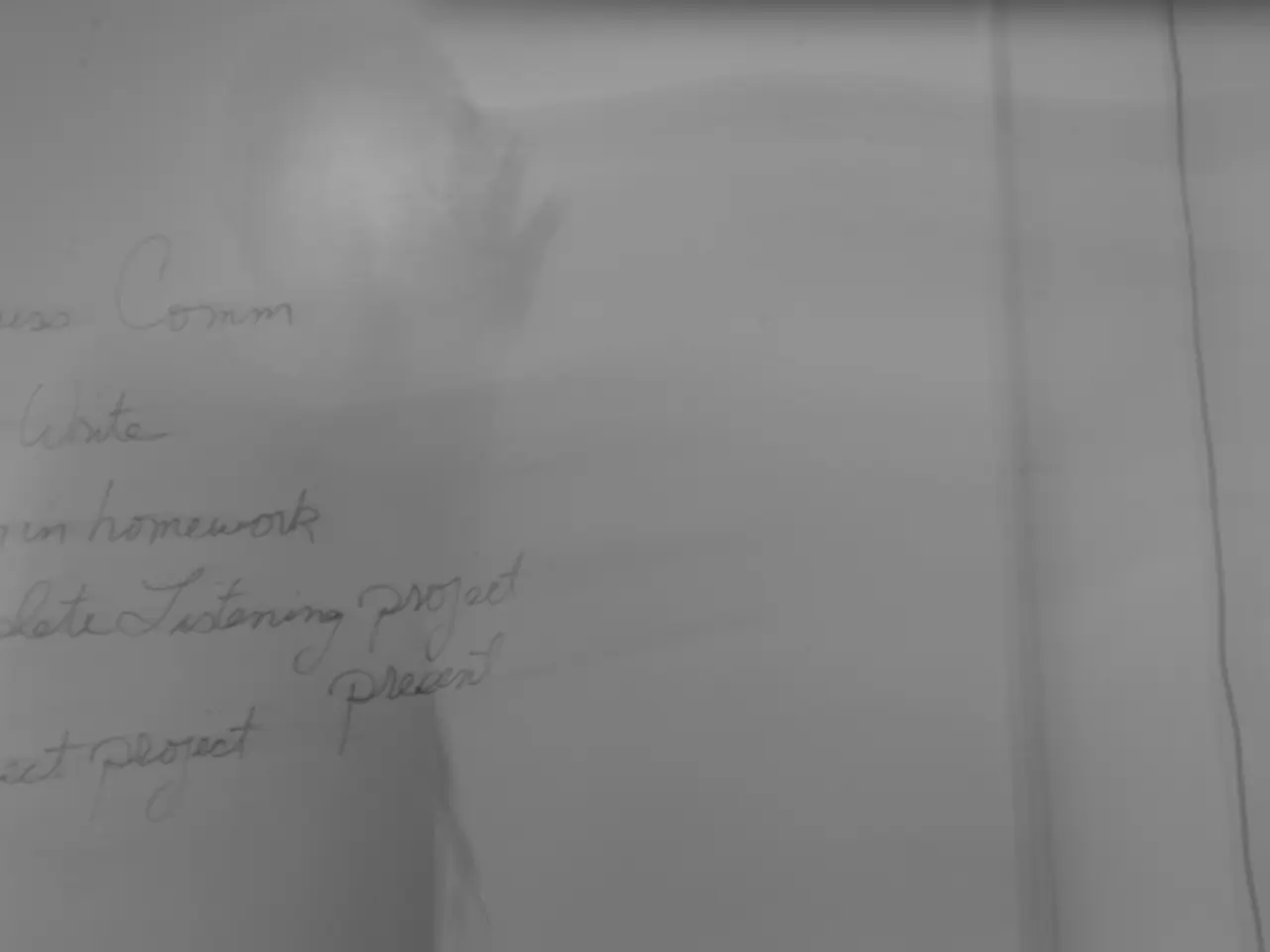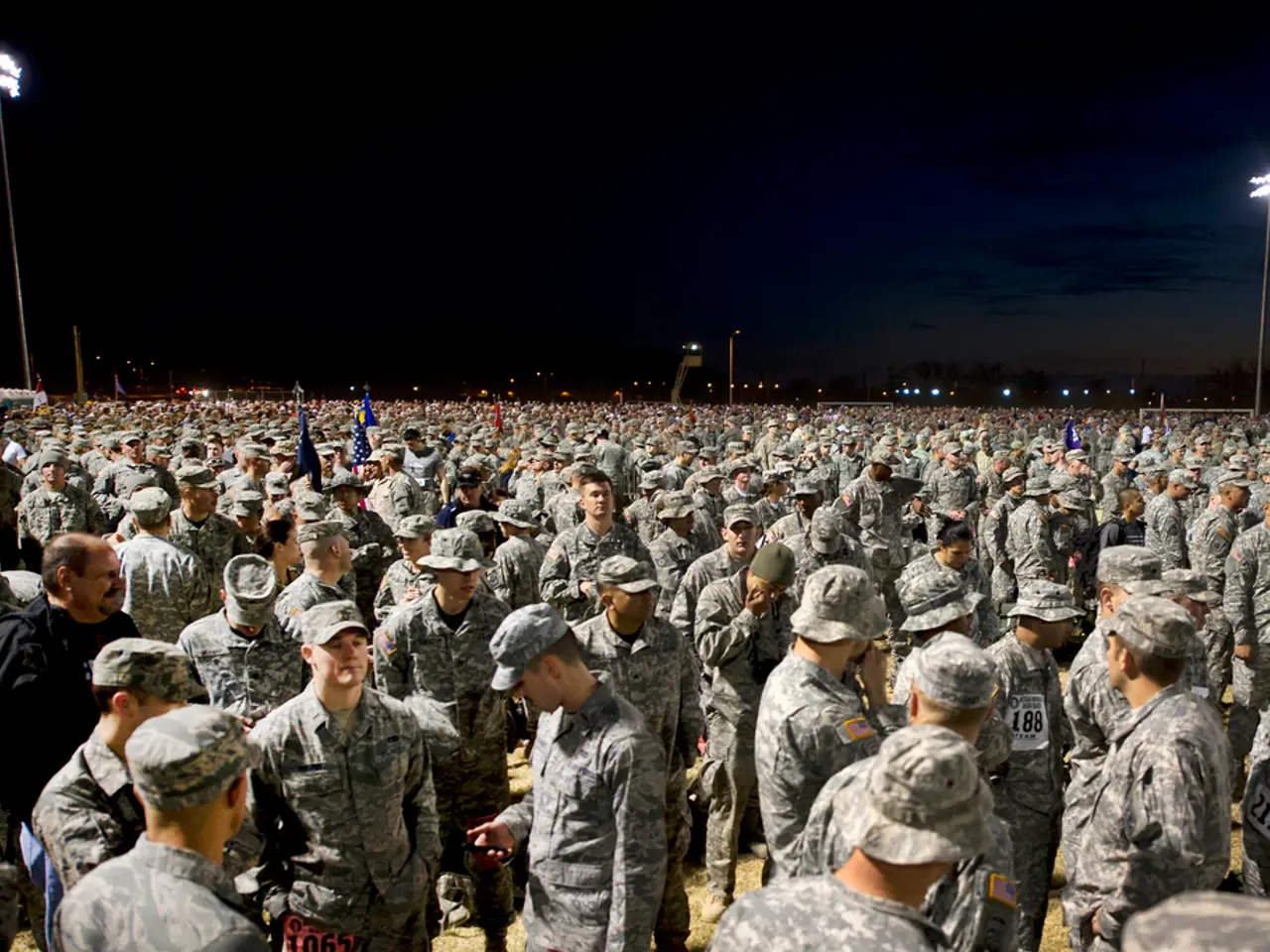Court's suspension of tariffs would trigger 'Great Depression' according to Trump
The question of whether former President Trump's use of emergency powers to impose tariffs is constitutional is currently a significant legal issue before the U.S. Supreme Court. This dispute revolves around the scope of the 1977 International Emergency Economic Powers Act (IEEPA) and whether such executive action oversteps presidential authority without Congressional approval.
Two contrasting federal court decisions have created a jurisdictional conflict, centred on whether Trump lawfully used emergency powers to impose tariffs globally, leading to billions in trade impacts. The U.S. Court of International Trade and the Federal Circuit have weighed in, with some judges questioning the government's broad interpretation of IEEPA, as the statute does not explicitly mention tariffs, and courts historically have not granted presidents "unbounded authority" to set them.
The Trump administration is actively appealing unfavourable rulings, seeking to stay lower court decisions pending Supreme Court review, expected after October 2025. Should the Supreme Court uphold Trump’s authority, it would cement broad presidential tariff powers; a ruling against could curtail executive reach and potentially trigger refunds and significant economic effects.
The stakes are high because the tariffs affect trillions in trade and agreements, and a negative ruling could disrupt related investment commitments. However, opponents argue that the U.S. would not owe refunds for non-binding foreign commitments if tariffs are invalidated.
The Supreme Court case will be crucial in defining the constitutional limits of executive authority over trade policy and emergency economic powers. With a 6-3 conservative majority, the outcome remains uncertain, but many economists worry that the tariffs are stoking inflation. Trump's tariffs aim to force a reordering of global trade that he has long claimed is biased against the United States.
In July 2021, a lower court ruled against Trump, but the US Court of Appeals for the Federal Circuit put the ruling on hold as it considers the case. Trump has announced a slew of new tariffs since returning to the White House in January, and the outcome of the Supreme Court case will have far-reaching implications for future trade policies.
[1] New York Times, "Trump's Tariffs Face Legal Challenge Over Executive Power," link [2] Washington Post, "Courts question Trump's use of emergency powers for tariffs," link [3] Bloomberg Law, "Trump Tariffs Face Supreme Court Test as Economy Struggles," link [4] Politico, "Courts challenge Trump's tariff powers," link
- The ongoing Supreme Court case, with its crucial implications for trade policy, war-and-conflicts, and economics, has become a hot topic in general news and politics, sparking debates about policy-and-legislation and the constitutional limits of executive authority.
- The dispute over former President Trump's use of emergency powers to impose tariffs has led to contrasting federal court decisions, creating a jurisdictional conflict that questions the government's broad interpretation of the International Emergency Economic Powers Act (IEEPA), challenging the traditional court stance on granting presidents unbounded authority in such matters.








